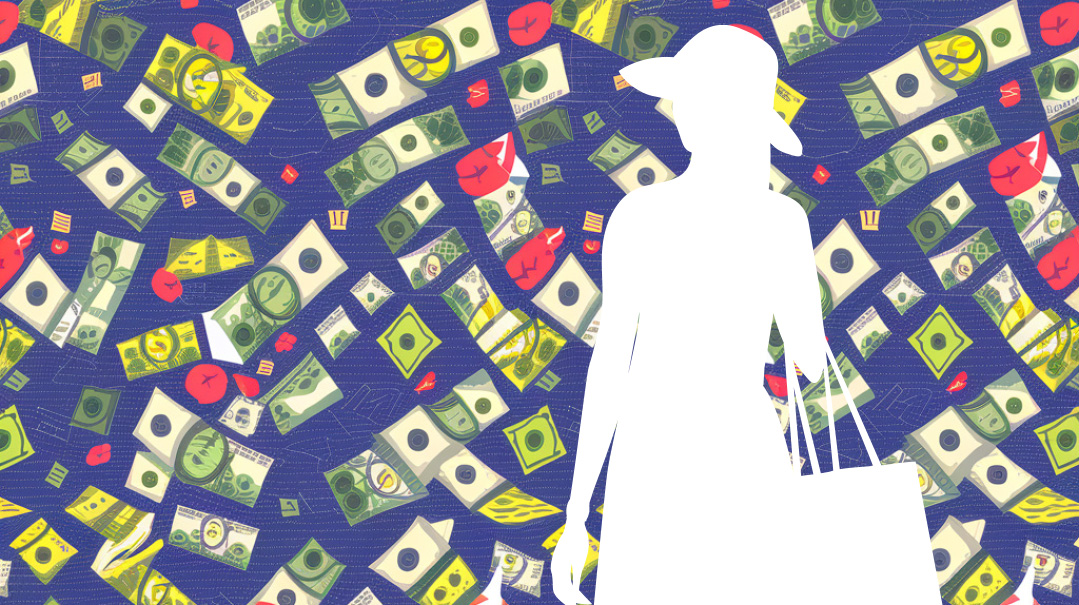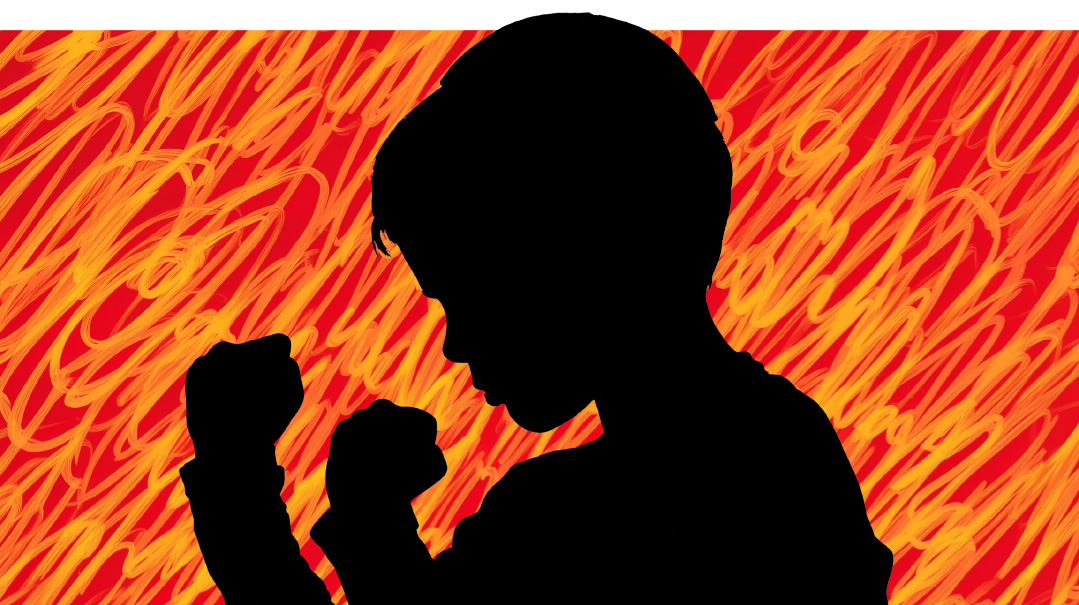Windfall
| April 29, 2025I spent my childhood and young adulthood scrimping and saving. But then, everything changed

As told to Shoshana Gross
Ibabysat the world.
At least, that’s what it felt like.
Evenings through high school consisted of a hasty supper and racing to different houses in the neighborhood. I lived in an area blessed with growing families, and someone always needed a babysitter — and as a brand-loving girl living on a T.J. Maxx clothing budget, I was happy to fill the need — and fill my wallet with hard-earned cash.
It helped that I enjoyed kids.
My two closest friends knew that I babysat a lot, but they didn’t understand why. They were the girls whose living room could fit my entire house, who had an account at the pizza store, who bought another top from Aeropostale (back when it was the trendy brand) just because.
I grew up in a home of because.
We weren’t poverty-stricken, but my parents worked long hours for every dollar, and we rarely spent on anything frivolous. My father never griped about money, and my mother wisely never said that an outfit I wanted was too expensive. They were careful not to burden us with details, but I knew.
“You can choose two outfits,” my mother said when we shopped at lower-end stores.
It was the era of the ubiquitous allowance — and mine was a dollar a week. I remember when snack bags became a thing. I mentioned to my mother that I’d seen one of my friends eating a bag of barbecue tortilla chips. When she surprised me with a snack bag of my own, I was so touched. It was a simple childhood, but I never resented my parents. On the contrary, I respected their basic lifestyle, strong values, and deep commitment to their children — even though I didn’t quite fit the family mold of simplicity.
Seventh grade was the real turning point, when I realized how simple my home was. Suddenly, I noticed brands, developed a taste for high-end designers, and discovered a talent for pulling together elegant outfits.
Abercrombie tops. Coach wristlets. Express skirts. Limited sweaters. They were the height of fashion when I was a teen.
My best friends wore them with a casual nonchalance that I couldn’t help envying. But I would never hurt my parents by asking for clothing they couldn’t buy, so I became the neighborhood babysitter. And even though my friends were always somewhat clueless about my financial reality, their closets were my closets. I would browse their racks of stunning, high-end outfits to satisfy my high-end tastes. As the years passed, I shopped in their closets for school shabbatons, for graduation parties, and eventually, for dating outfits.
College arrived at the same time as my engagement, as well as a lovingly donated outfit to wear to my l’chayim and subsequent Shabbos sheva brachos.
It was my last taste of luxury for a few years.
Oops! We could not locate your form.







